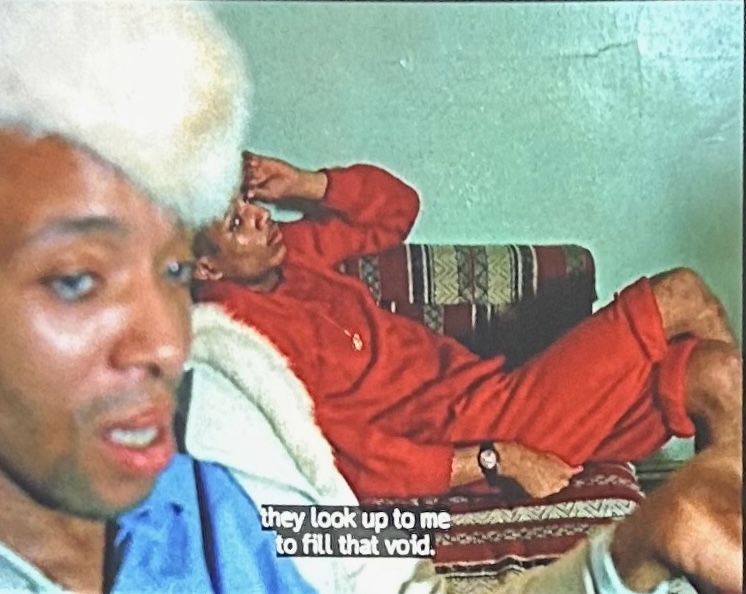Documentaries, while often considered a window into reality, are not always 100% truthful representations of what is happening. When a camera is introduced into a situation, it can have several effects on the reality being documented. First, the presence of a camera can alter people’s behavior; for example, individuals may become self-conscious and modify their actions or words, seeking to present themselves in a certain way on camera. Second, the editing process in documentary filmmaking plays a critical role in shaping the narrative. Filmmakers make choices about what to include and what to omit, and the sequence in which shots are presented can create a particular perspective or bias, potentially steering the viewer’s perception of reality in a specific direction.
When it comes to Jennie Livingston’s documentary Paris is Burning, it is obviously quite difficult to accurately analyze whether or not the people interviewed remained truthful and consistent to who they are, as well as if any important shots were omitted or their meanings altered by a change in sequence. However, one filmmaking technique that is clear in potentially demonstrating Livingston’s own individual sway over the viewer’s perception is the use of deep focus.

For example, in the shot above, Pepper LaBeija is explaining the importance of guidance and mother-like figures in the LGBTQ+ community. Then, as he is specifying that he himself plays a very influential role in men’s lives, and how without his care certain “children” would end up hopeless and on the street, the depth of field goes from shallow to deep, bringing two different “children” into focus. By doing so, the viewer assumes that these two “children” were saved by LaBeija and are reliant on him. Although this may be true, it is essential to recognize that while the visual storytelling suggests a specific narrative, the true voices and experiences remain unheard, leaving room for interpretation and questioning the actual extent of their relationship with LaBeija. For example, perhaps they were two totally self-dependent and thriving individuals who just happened to be in the room when LaBeija said that.